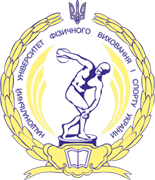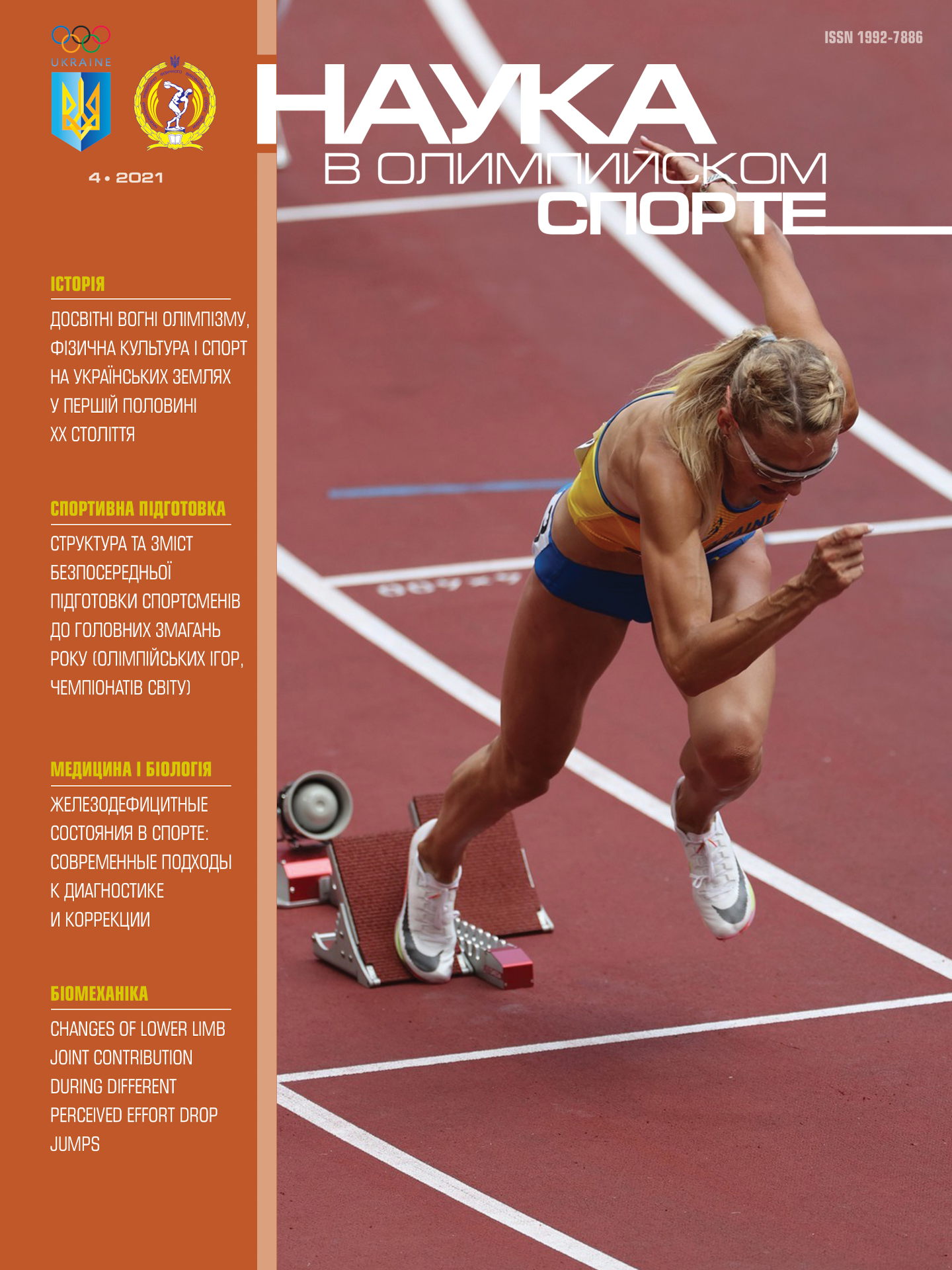Abstract:
Objective. Getting to know potential new methods that can be used to improve competitive results and evaluating the ethical aspects of such interference in the athlete's body.
Results. From the point of view of the authors, according to a number of signs it can be said that the first attempts are being made in the world to use other opportunities to improve sports performance, and, in particular, gene therapy methods. Today there is an apparent interest of athletes in the elaborations of a number of Western laboratories. The introduction of new genes has not yet been diagnosed in tests according to the parameters of urine or blood as it happens with pharmacological prohibited drugs; the gene enters the tissues, and there are simply no markers of the procedures performed. These elaborations make the prospects of doping control very vague at the moment, whereas the possibility of using gene therapy in pursuit of high results is quite probable. From an ethical point of view, gene therapy is an intervention in the human genome, which is its individual hereditary characteristic. If a small error occurs in a gene that is artificially introduced into the body, unfavorable functional changes may appear in the athlete and it is not known how this will be reflected in new generations. The article analyzes the possible fields of gene therapy application in sport, raises the question of creating methods for detection of this type of doping. It is postulated that competition should give rise to a winner on the field, and not through manipulation of genes in the laboratory.
Conclusion. The International Olympic Committee, taking into account the available information and global trends, publishes a number of recommendations on gene therapy, including accentuating the legality of its use only for disease prevention and treatment. At the same time, it strictly warns against the possible abuse of gene therapy in the Olympic sport and will use its best efforts to introduce as soon as possible the control of this type of doping, which may be unsafe for the health of athletes.













